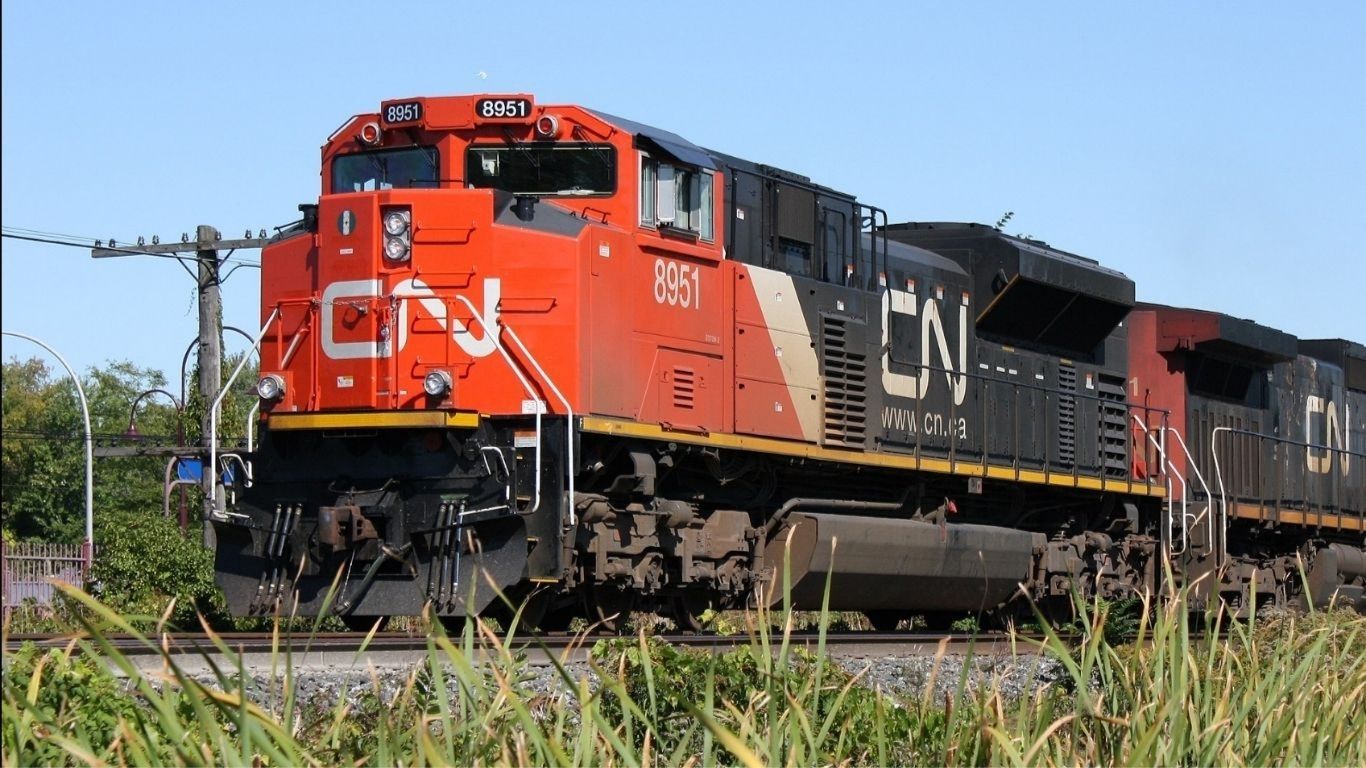
Decision leans on several past cases that have affirmed that the presence of THC in a urine analysis does not prove impairment.
An arbitrator in a dispute between the Canadian National Railway and United Steelworkers has ruled that the company had erred in firing an employee for the presence of THC in their urine.
In a grievance between the railway company and the union, Canadian National Railway (CNR) had fired an employee following an accident in which the employee had passed an oral swab test but later failed a urine analysis for the presence of THC.
The union had argued the individual had been unfairly fired as the company did not follow their own procedures for such an action, and that the person in question was not impaired at the time of the workplace accident.
The arbitrator, Christine Schmidt, agreed with the union that the railway company had not followed their own rules, and that the claims of impairment were not supported. In doing so, Schmidt referenced several past rulings that, leaning on expert testimony, also concluded that the presence of THC in a urine analysis does not provide impairment.
“In my view, the Company is taking an end-run attack at the longstanding jurisprudence knowing full well what the end result must be. It is doing so in the context of marijuana having become lawful and in the context of recently unilaterally imposed D&A Policies in the railway sector being challenged as unenforceable based on existing standards and jurisprudence.”
Christine Schmidt, Sole Arbitrator
The conflict arose after the employee, Paul McInnis, struck a power pole at low speeds while working with a Cat Loader. Following work procedure, McInnis reported the incident and submitted to both an oral swab test and then later a urine test to determine if the accident was caused by impairment of drugs or alcohol.
Although a report from the employees supervisor showed no description of visible impairment, and no drugs or alcohol were detected in the oral swab (detecting down to 10ng/mL), CNR fired McInnis after the results of his urine analysis showed THC metabolite at a level of 197 ng/mL.
The union, representing McInnis, argued that CN Rail had not followed it’s own rules and procedures to document the incident, and had not submitted as evidence for their action against McInnis either the supervisor report or the oral swab test showing no impairment.
McInnis stated that he had consumed a small amount of cannabis between 7-7:30 pm the night before, which the railway company said caused a “residual impairment” that led to the accident.
The arbiter agreed with the union, saying they felt CNR had acted in bad faith and had been attempting to make an “end run” around established rulings to give them the ability to fire other employees for any cannabis use.
“In my view, the Company is taking an end-run attack at the longstanding jurisprudence knowing full well what the end result must be,” wrote Schmidt. “It is doing so in the context of marijuana having become lawful and in the context of recently unilaterally imposed D&A Policies in the railway sector being challenged as unenforceable based on existing standards and jurisprudence.”
In her decision, Schmidt awarded $5,000 in damages and that the employee be rehired with compensation of all wages and benefits lost and without loss of their position of seniority as a union steward.
Featured Image via Wiki Commons

































